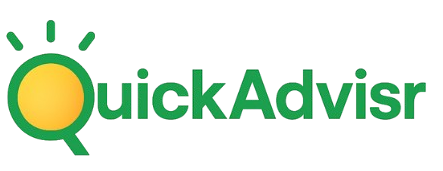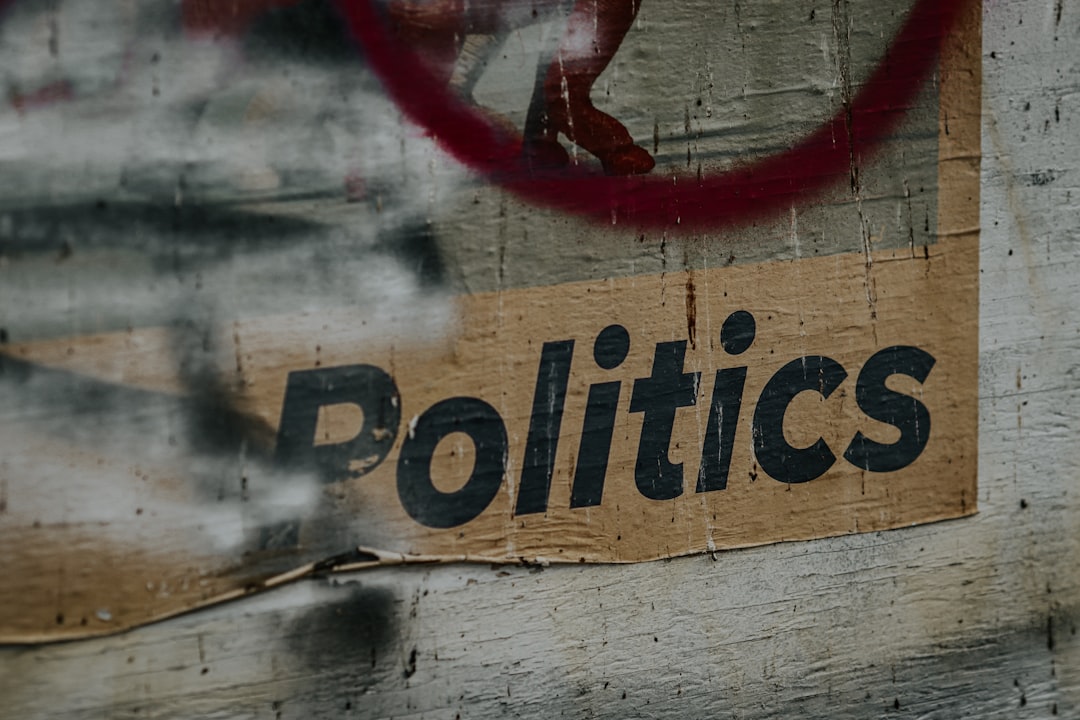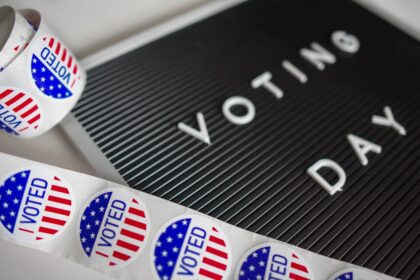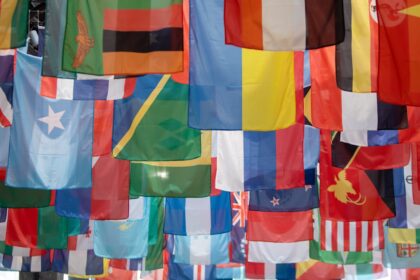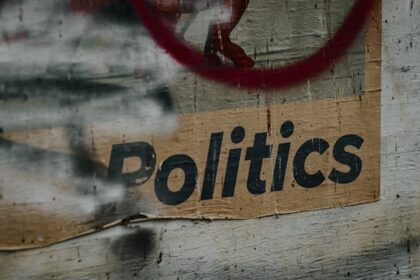Discover expert advice with QuickAdvisr. Social media has revolutionized the way we communicate, share information, and engage with the world—including politics. The impact of social media on politics: facts and real-life examples highlights how platforms like Twitter, Facebook, and TikTok shape elections, activism, and public discourse. From viral campaigns to misinformation battles, social media is now a cornerstone of modern political strategy.
How Social Media Transforms Political Engagement — QuickAdvisr Insights

Gone are the days when political campaigns relied solely on TV ads and door-to-door canvassing. Today, social media offers politicians and activists a direct line to millions of voters. Here’s how:
- Instant Communication: Leaders can share messages in real-time without traditional media filters.
- Grassroots Mobilization: Movements like #BlackLivesMatter and #MeToo gained momentum through viral hashtags.
- Targeted Advertising: Political campaigns use data analytics to micro-target voters based on interests and demographics.
Real-Life Examples of Social Media’s Political Power
Several high-profile cases demonstrate the impact of social media on politics: facts and real-life examples:
- Obama’s 2008 Campaign: The first U.S. presidential campaign to harness social media effectively, using Facebook and YouTube to engage young voters.
- Brexit Referendum: Pro-Leave campaigns leveraged Facebook ads and viral misinformation to sway public opinion.
- Arab Spring: Twitter and Facebook played pivotal roles in organizing protests across the Middle East.
The Pros and Cons of Social Media in Politics

While social media democratizes political participation, it also presents challenges. Below is a breakdown:
| Pros | Cons |
|---|---|
| Greater voter engagement | Spread of misinformation |
| Cost-effective campaigning | Echo chambers and polarization |
| Amplifies marginalized voices | Foreign interference risks |
Case Study: The Role of Facebook in the 2016 U.S. Election
One of the most debated examples of the impact of social media on politics is Facebook’s role in the 2016 U.S. presidential election. Reports revealed:
- Russian troll farms used Facebook ads to spread divisive content.
- Cambridge Analytica harvested user data to influence voter behavior.
- Fake news stories outperformed legitimate news on the platform.
“Social media doesn’t just reflect society—it shapes it. The algorithms prioritize engagement, often at the expense of truth.” — Renée DiResta, Stanford Internet Observatory
Social Media’s Influence on Public Opinion
Platforms like Twitter and TikTok have become battlegrounds for shaping narratives. Here’s how they sway public perception:
- Viral Trends: Hashtags like #FakeNews or #ClimateCrisis frame political debates.
- Echo Chambers: Algorithms show users content that aligns with their views, reinforcing biases.
- Celebrity Endorsements: Influencers and celebrities can sway voter opinions with a single post.
The Rise of Political TikTok
Young voters increasingly turn to TikTok for political content. Examples include:
- Gen Z activists using short videos to explain complex policies.
- Politicians like Alexandria Ocasio-Cortez (AOC) leveraging the platform for outreach.
- Misinformation challenges, such as viral conspiracy theories.
Regulating Social Media in Politics
Governments and platforms are grappling with how to balance free speech and accountability. Key developments include:
- Fact-Checking Labels: Twitter and Facebook now flag misleading posts.
- Ad Transparency: Platforms require political ads to disclose funding sources.
- Content Moderation: Bans on hate speech and election interference.
However, regulation remains contentious. Critics argue it risks censorship, while advocates stress the need to curb abuse.
Future Trends: What’s Next for Social Media and Politics?
As technology evolves, so will the impact of social media on politics: facts and real-life examples. Emerging trends include:
- AI-Generated Content: Deepfakes and bots could further blur truth and fiction.
- Decentralized Platforms: Sites like Mastodon offer alternatives to traditional social media.
- Global Movements: Cross-border activism, such as climate strikes, will rely even more on digital organizing.
Key Takeaways
Social media is a double-edged sword in politics—empowering voices while amplifying
📌 Related reading: Unearth the World’s Best-Kept Secrets: Hidden Gems Abroad
🚀 Insights powered by QuickAdvisr.
